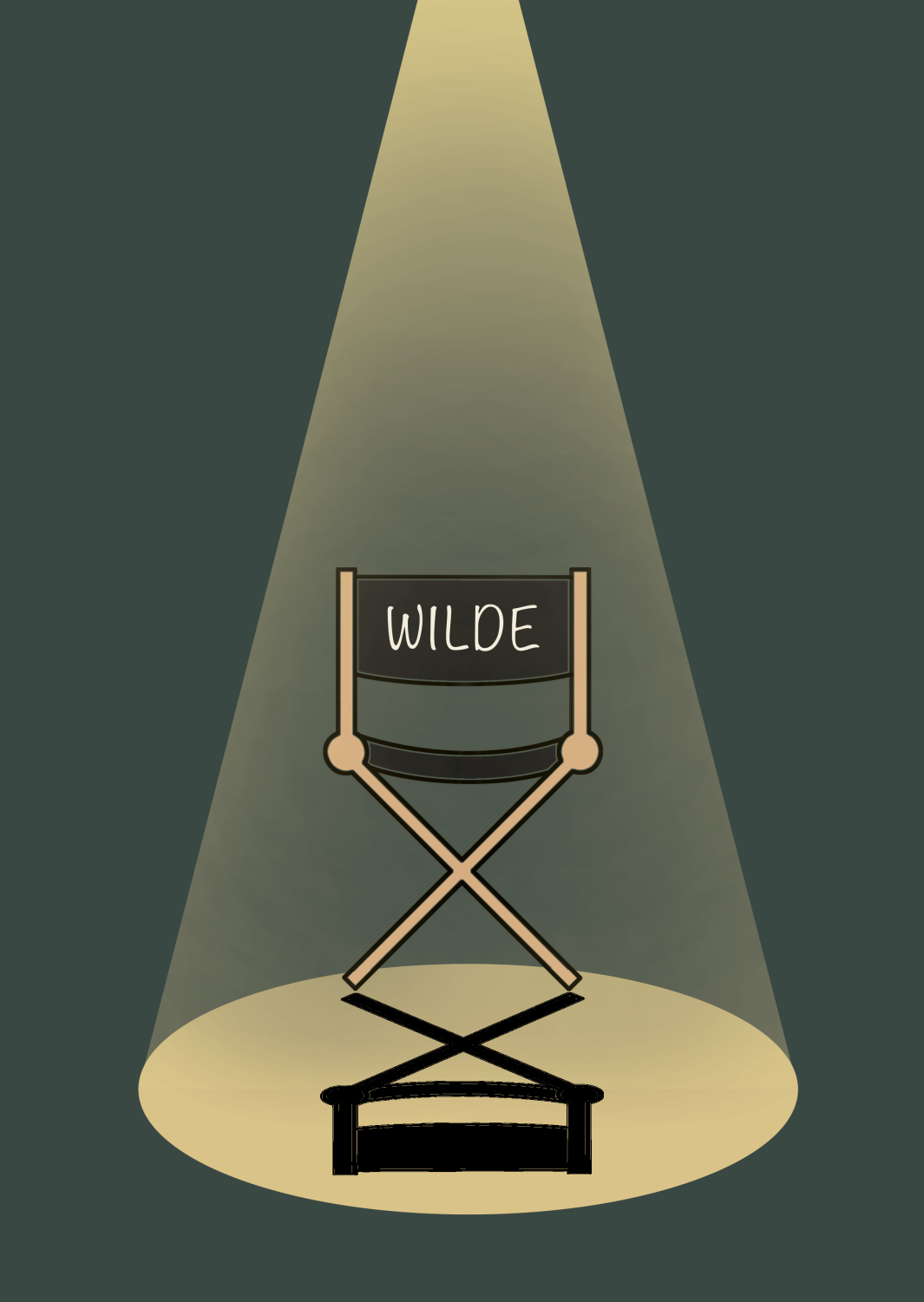What if Olivia Wilde were a man?
Women face double standards in the movie industry
October 13, 2022
My movie obsession started early in life. Some of my first memories include riding my bicycle over to the video rental shop on 23rd Avenue in Northwest Portland, “Ella Enchanted” and “Coraline” sitting in my basket ready to be swapped for other movies I was infatuated with at the time like “Aquamarine” or “Over The Hedge.” Whenever asked what my dream job was, it was always the same answer: work on a movie set.
Once I reached middle school, I had a chance to start a video production class and really learn more about the nuts and bolts that go into running a production. In The Viking News, I was not only a head anchor, but also the key editor and an assistant director to my teacher. One thing I rarely ever noticed was that, aside from our teacher Mrs. Wright, I was one of two girls in the class. This was not ever discouraging, that is, until I was in highschool, in my 10th grade video production, and the mood was different. I was the only girl, and I slowly realized that it was a boys club.
I had watched all the same movies they had, but if my opinion on the cinematography or writing was slightly different then theirs, it was that I “didn’t understand it,” or they would laugh amongst themselves as if there was an inside joke I was not in on.

Every video I made, I felt as though I had to work 10 times harder for it to gain the recognition I felt it deserved. This created a phantom that constantly glared over my shoulder, overanalyzing each and every video or script or paper I worked on from there on out. Now I am less critical of my work, but it took a lot of self reflection to change the filter I viewed my work through. For so long, I was focused on how my male colleagues and teachers would view my projects, and now I think more in the focus of what younger me would think.
There are a lot of young women in video production and film that have a similar way of thinking, as the industry is pretty male dominated. It is frustrating, but when you see how the public treats directors like Olivia Wilde and Greta Gerwig, you understand why it is common for women in film to choose other behind-the-scenes roles.
In the case of Olivia Wilde, it is likely that, if you have a phone, you know of the current drama involving her latest directorial venture in the film “Don’t Worry Darling.” The film has been surrounded by drama surrounding her and her lead actress Florence Pugh, an alleged affair that started her romance with her lead actor Harry Styles and issues between her and the former lead Shia Lebouf. Much of the press involving the film, including its debut at the Venice Film Festival, focused less on the movie itself and more on the order in which costars sat at a premiere or who was looking at who in an interview. Wilde has been torn apart by the media with articles calling her “attention seeking” or “messy.”
While some of it might be justified, take a step back and think for a second, what if that were a male director? I find myself thinking instead of the words “unprofessional” or “obnoxious,” people would likely be using words such as “assertive” or “inspired.”
Being in such a male-dominated space, Wilde’s job is already a tough one, working just as hard if not harder than her male colleagues just for her movie to blow over from a negative media frenzy. When remembering “Don’t Worry Darling” 10 years from now, it will be the gossip that comes to mind, not the plot. Had it been a male director, I argue, that would not be the case. At the end of the day, it is not specifically anyone’s fault, but more so the internalized misogyny that generations of people have grown up with.
There is not necessarily a solution or even a way to prevent it, but, in today’s world, when it seems almost impossible to prevent sexism, it is necessary to address. As a society, women cannot move further in male-dominated fields if held back by not only men but also other women bringing them down with these stereotypes and double standards.
I want to challenge you, as a reader, next time you are gossiping and talking about the latest drama involving a female colleague to think to yourself what adjectives your brain would be using if she were a man.
























































































